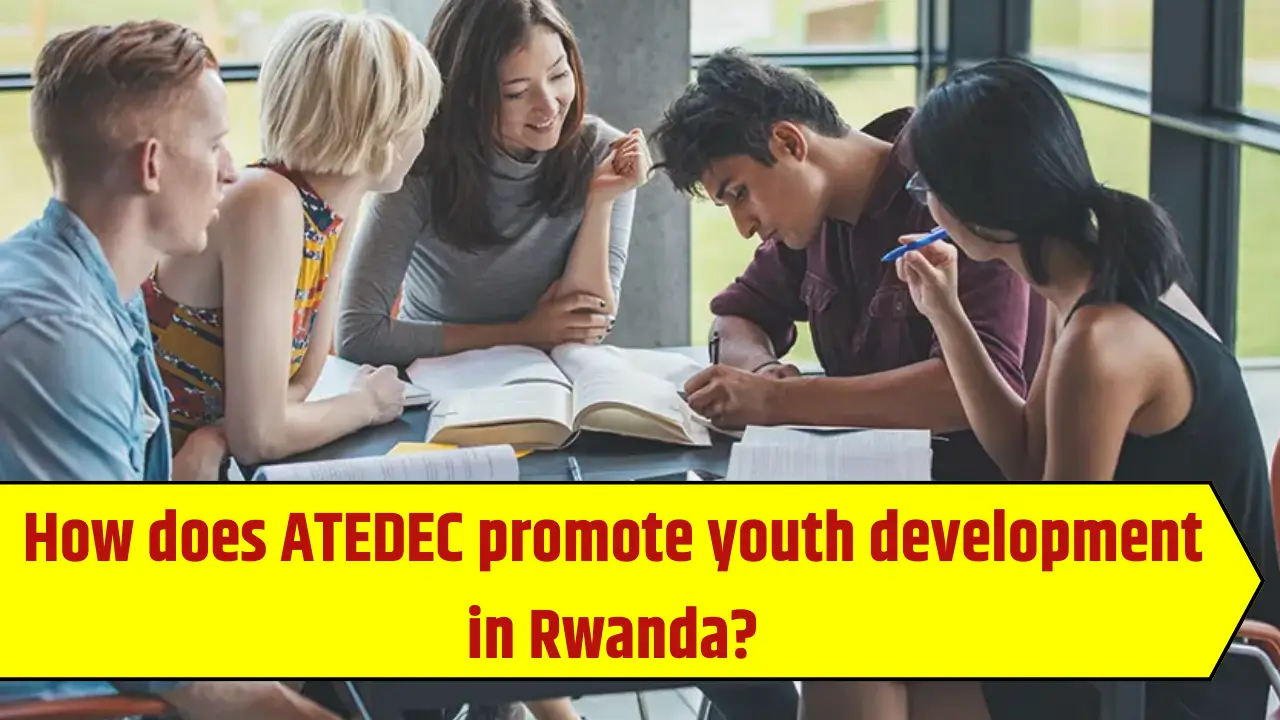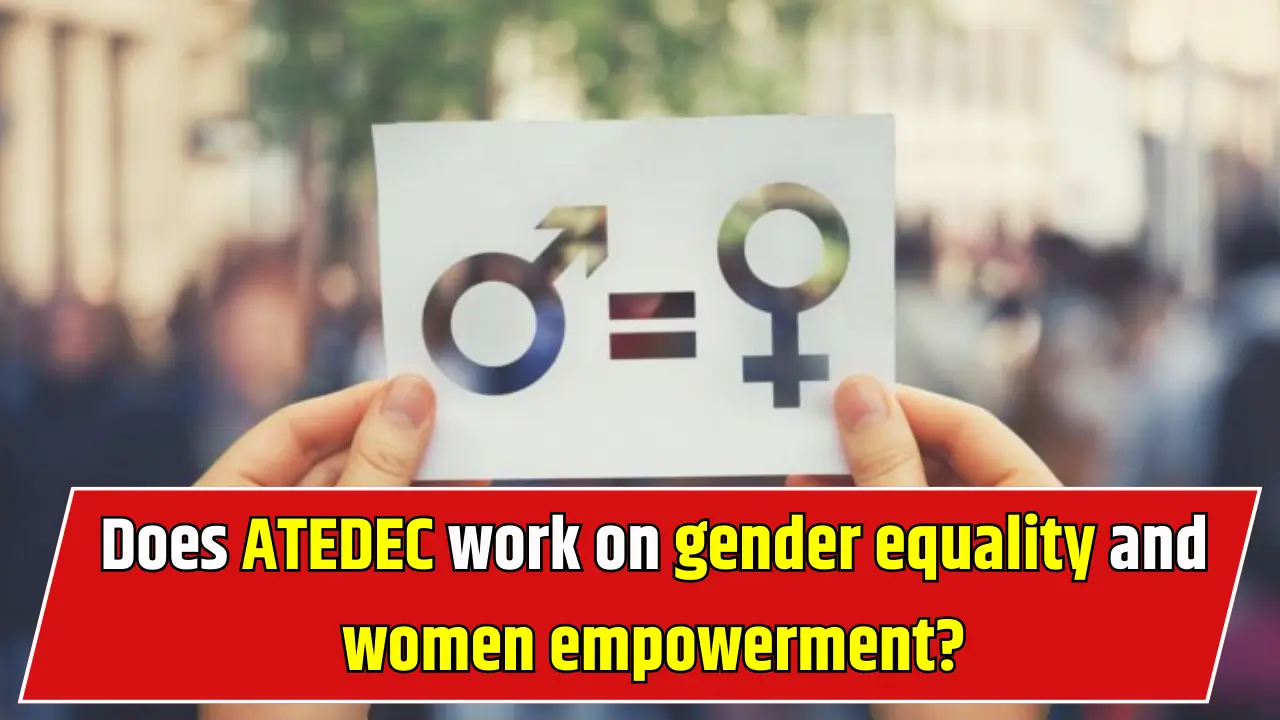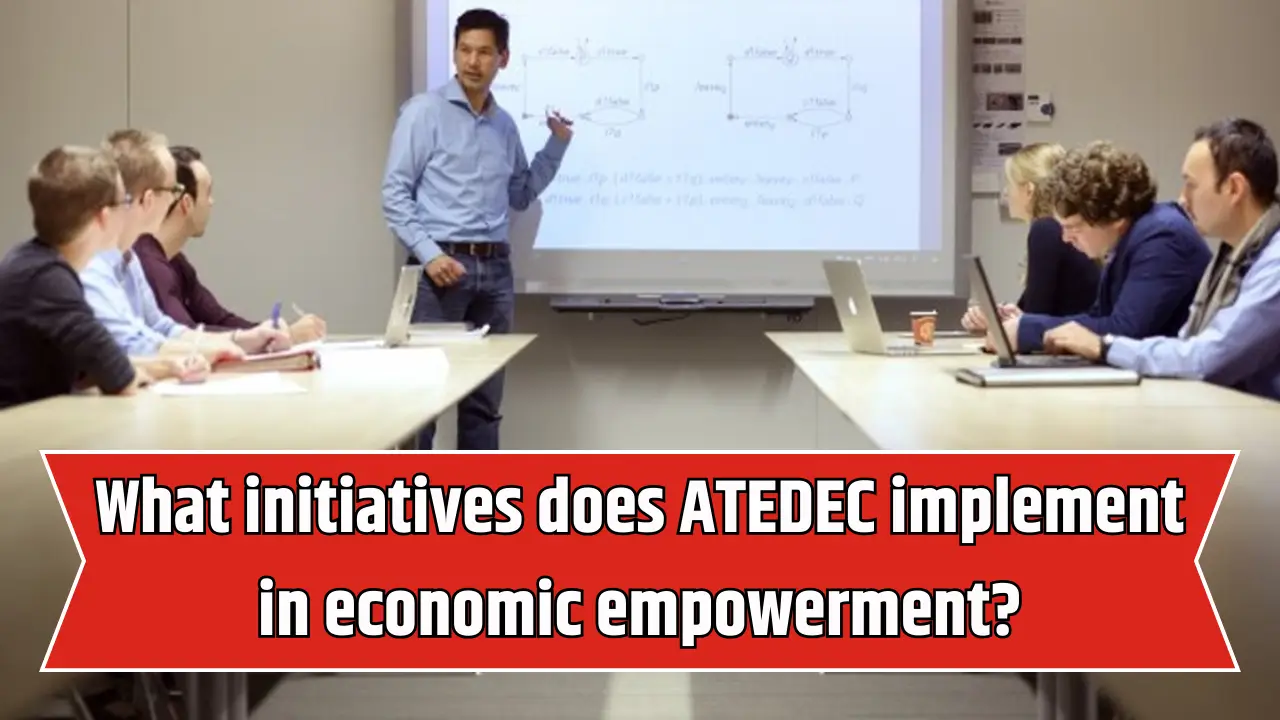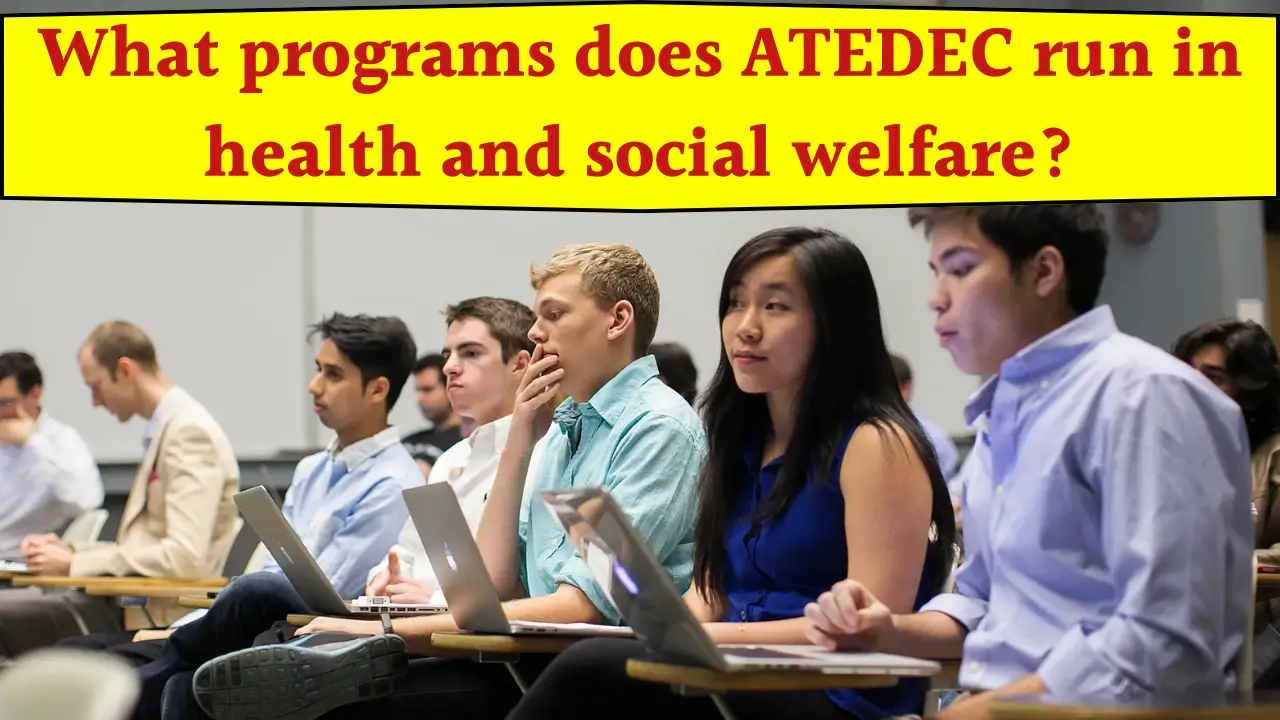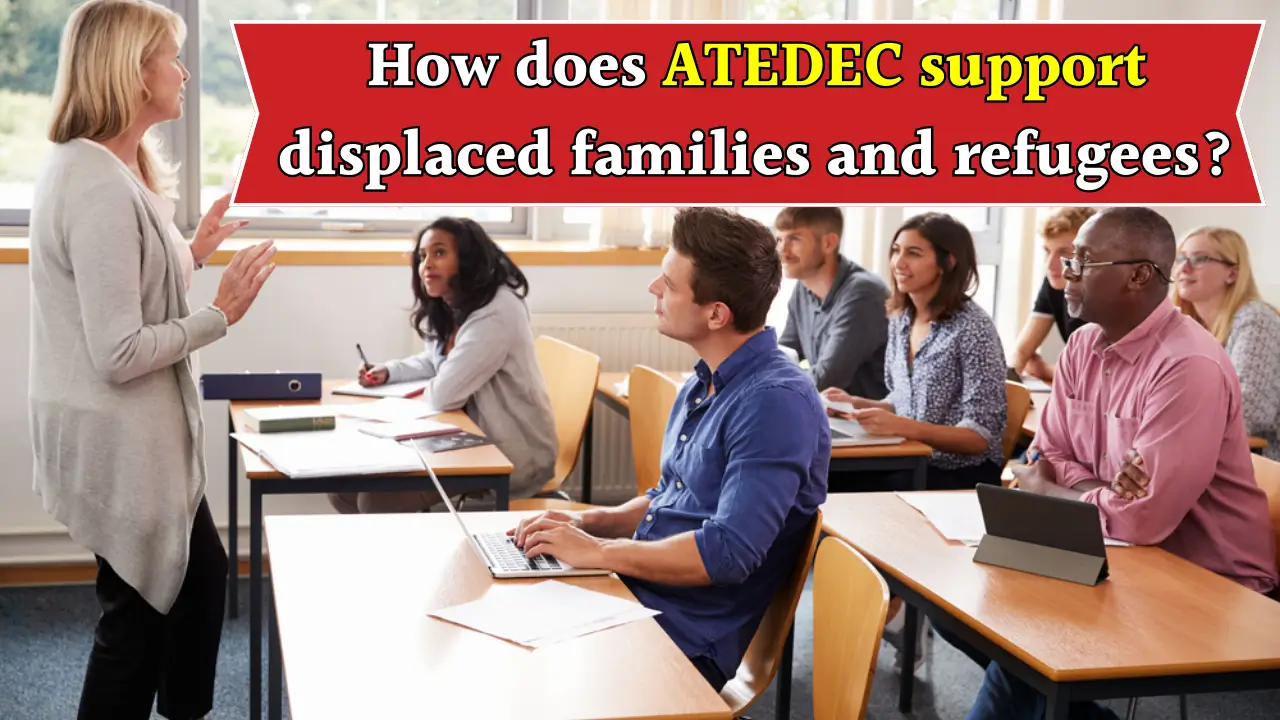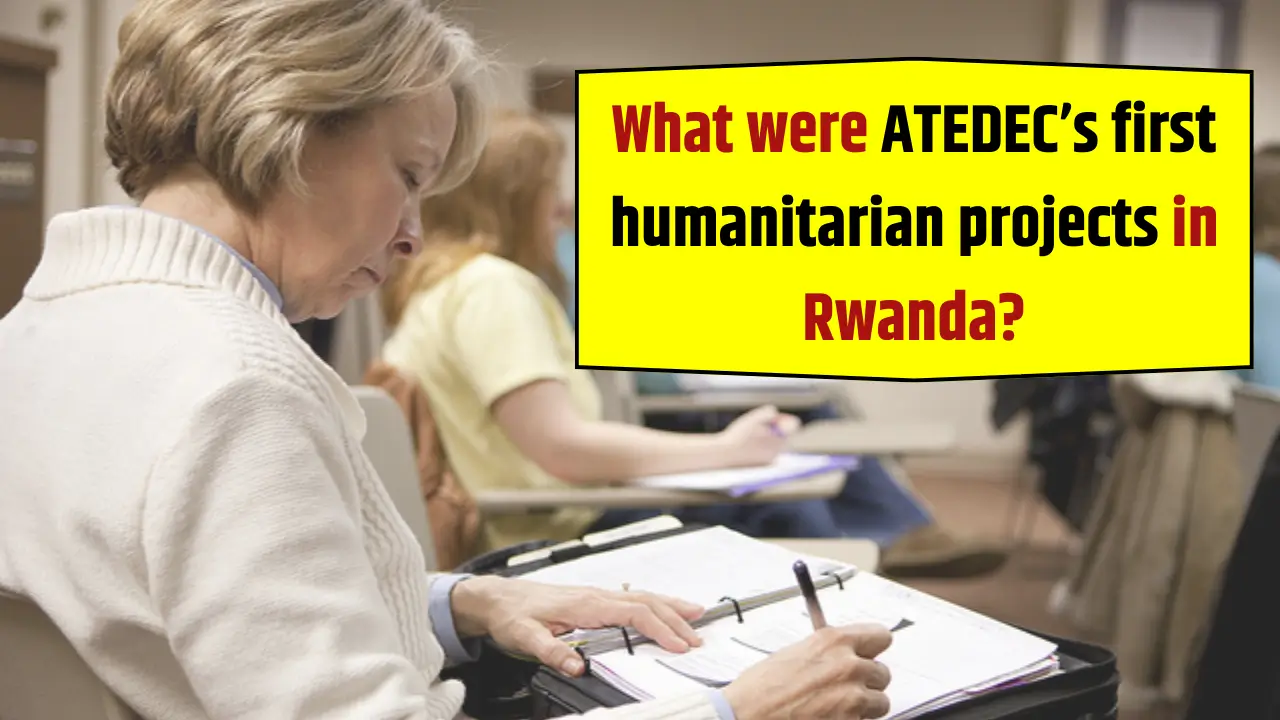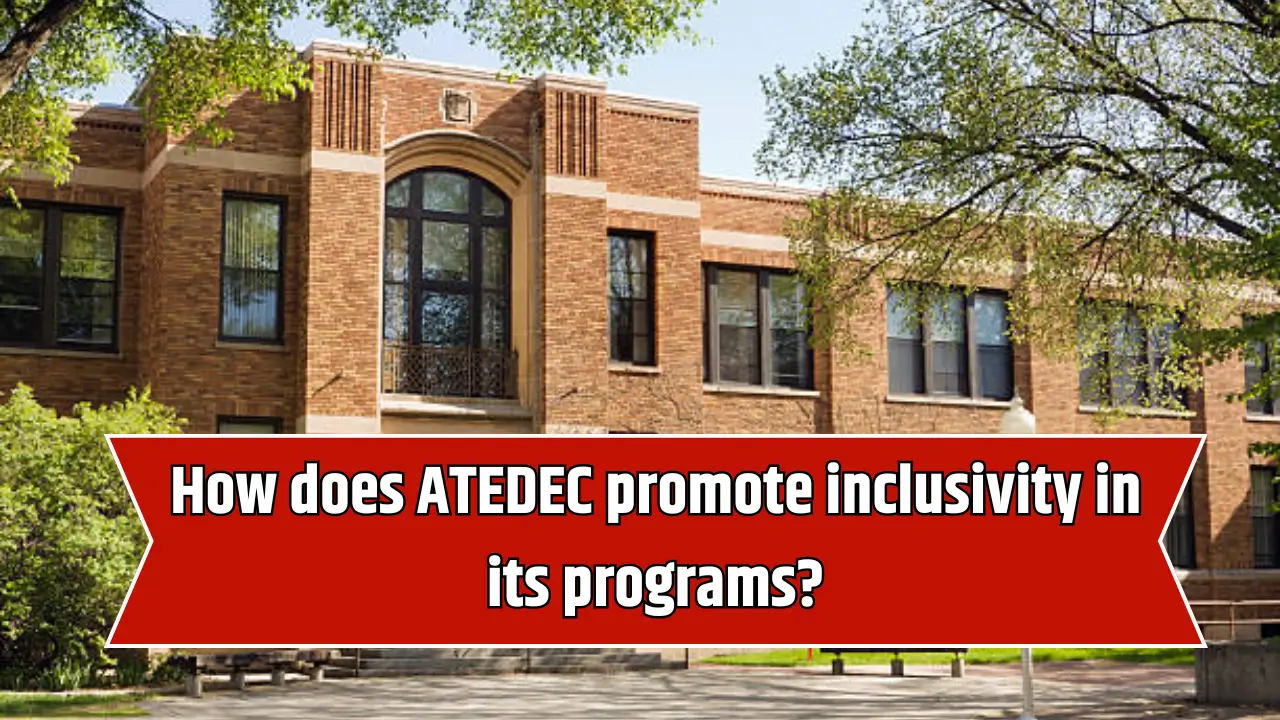Organizations involved in community development often face questions regarding their nature, ideology, and affiliations.
ATEDEC, a long-standing Non-Governmental Organization (NGO) based in Rwanda, is frequently asked whether it is a political or religious organization. Understanding its true nature helps clarify its mission, operations, and contributions to Rwandan society.
This article delves deep into addressing whether ATEDEC holds political or religious affiliations, examining its origins, mission, governance, activities, and legal status.
Additionally, it contextualizes ATEDEC’s identity within Rwanda’s complex political and religious landscape and provides the latest information as of 2025.
Understanding ATEDEC: The Basic Facts
What is ATEDEC?
- ATEDEC stands for Action Technique Pour Un Developpement Communautaire (Technical Action for Community Development).
- It is a non-governmental organization (NGO) primarily focused on sustainable community development, rural empowerment, health awareness, and environmental sustainability.
- Founded in 1994-1995 following the Rwandan genocide to support recovery and development.
- Independent from political parties and religious institutions, ATEDEC’s focus is community empowerment through technical assistance and capacity building.
Is ATEDEC a Political Organization?
Definition and Traits of Political Organizations
- Political organizations usually:
- Align with specific political parties or ideologies.
- Work to influence government policies or electoral outcomes.
- Engage actively in partisan politics or lobbying.
ATEDEC’s Political Status
- ATEDEC is not a political organization.
- It is registered as a public interest NGO under Rwanda’s law governing civil society and non-governmental organizations.
- The organization operates independently of political parties or partisan agendas.
- Its engagements are focused on development goals, not electoral politics or lobbying.
- Collaboration with government is done for program delivery and policy alignment, not political advocacy.
Is ATEDEC a Religious Organization?
Religion and NGOs: General Context in Rwanda
- Rwanda is a religiously diverse country with Christianity dominating (Catholicism and Protestantism), alongside smaller Muslim, traditional faith, and other religious communities.
- Many NGOs have religious affiliations, but also many operate secularly.
- Religious organizations typically:
- Have explicitly religious missions or values.
- Are affiliated with religious bodies or churches.
- Engage in faith-based outreach or worship-related activities.
ATEDEC’s Religious Status
- ATEDEC is not a religious organization.
- Its guiding principles are secular and based on community development rather than religious doctrine.
- It does not affiliate itself with any religious group, faith-based institution, or church.
- Program activities focus on health, education, livelihoods, environmental sustainability, and social inclusion without religious overtones.
- Religious freedom and neutrality are maintained to serve communities regardless of faith backgrounds.
Legal and Regulatory Confirmation
Rwanda’s NGO Regulatory Framework
- ATEDEC is registered under Rwanda’s Rwanda Governance Board (RGB) which governs civil society organizations.
- RGB’s regulatory framework requires NGOs to declare their nature — whether political, religious, or secular.
- Compliance includes submitting organizational statutes, governance, financial transparency, and mission statements.
- ATEDEC’s registration confirms it as a non-political, secular public interest organization.
Transparency and Accountability
- ATEDEC publishes annual reports and audited financial statements highlighting non-partisan and non-religious activities.
- Collaboration agreements clearly state the organization’s secular mandate.
Table: Political and Religious Characteristics Compared with ATEDEC
| Aspect | Political Organization | Religious Organization | ATEDEC’s Position |
| Mission | Influence policy, election focus | Promote faith, worship, religious values | Promote sustainable development, community empowerment (secular) |
| Affiliation | Linked with specific political parties | Affiliated with churches or religious bodies | Independent NGO, not tied to any political party or religion |
| Activities | Political campaigning, lobbying | Faith-based outreach, worship services | Training, health awareness, livelihood support, environmental projects |
| Funding | May receive party funds or political donors | Faith-based donations, church-linked funding | Donor and government grants for development projects (secular) |
| Governance | Political leadership | Religious leaders or clerics | Board of Directors and executive staff from civil society backgrounds |
| Legal Registration | Registered as political entity | Registered as faith-based organization | Registered as non-political, secular NGO by Rwanda Governance Board |
Why Clarity About ATEDEC’s Nature Matters
- Clarifying that ATEDEC is neither political nor religious assures:
- The neutrality and inclusivity of its programs.
- Access to diverse communities without religious or political bias.
- Maintaining trust among donors, government, and beneficiaries.
- Upholding Rwanda’s legal and constitutional provisions on non-partisan civil society.
- Protection from potential political or religious conflicts.
Bulleted Summary: Why ATEDEC Is Neither Political Nor Religious
- Registered as an independent NGO focusing solely on community development.
- Has no political party affiliations and refrains from political campaigning.
- Operates a secular mandate, serving all people regardless of faith.
- Engages in activities related to health, education, environment, and livelihoods—not worship or evangelism.
- Complies with Rwanda’s legal framework for non-political, secular NGOs.
- Leadership and staff come from professional and community development backgrounds, not clergy or political officeholders.
- Programs respect religious freedom and cultural diversity in communities they serve.
- Partnerships are based on shared development goals, not religious or political alignments.
Contextual Overview of Religion and Politics in Rwanda
Religion in Rwanda
- Rwanda’s population is predominantly Christian with significant Catholic and Protestant populations.
- Other religious minorities include Muslims, Jehovah’s Witnesses, and traditional faith adherents.
- The government guarantees freedom of religion and recognizes the importance of religious harmony.
Politics in Rwanda
- Rwanda is governed by a centralized political system with one dominant political party.
- All organizations are expected to remain non-partisan and avoid interference in political matters.
- NGOs like ATEDEC are critical partners in development and operate under clear regulations separating civil society from political activity.
Latest Updates on ATEDEC’s Governance and Operations (2025)
- Renewed emphasis on secular programming to ensure inclusivity across all faith and community lines.
- Continued partnerships with various government ministries based on development objectives.
- Expanded health, environment, and youth vocational initiatives with no religious or political messaging.
- Strengthened compliance with national civil society laws and governance frameworks to avoid political or religious affiliations.
- Community feedback mechanisms reinforce ATEDEC’s neutral and inclusive identity.
- Digital transparency tools introduced to allow public access to program updates, avoiding any political or religious association perceptions.
Conclusion
In conclusion, ATEDEC is neither a political nor a religious organization. It operates as a secular, non-governmental organization committed to sustainable community development in Rwanda.
Its mission and activities are centered on uplifting vulnerable populations through participatory, non-partisan, and inclusive programs focused on health, education, environment, and social empowerment.
Understanding this clear distinction is critical, especially in Rwanda’s socio-political and religiously diverse context, ensuring that ATEDEC’s work remains trusted, impartial, and universally accessible.
The organization continues to live up to these principles daily, guided by laws safeguarding the independence of civil society entities from political and religious influence.






